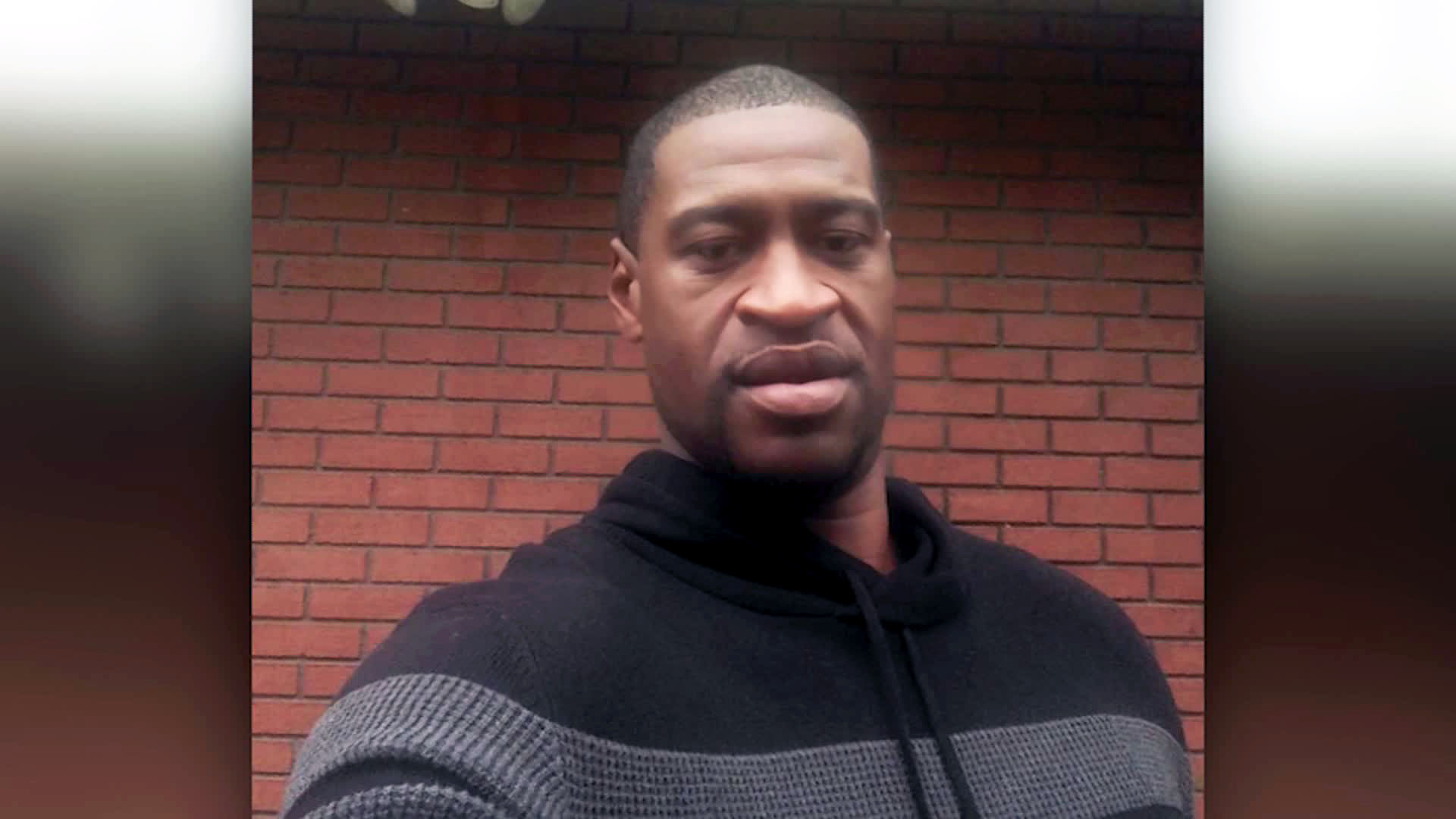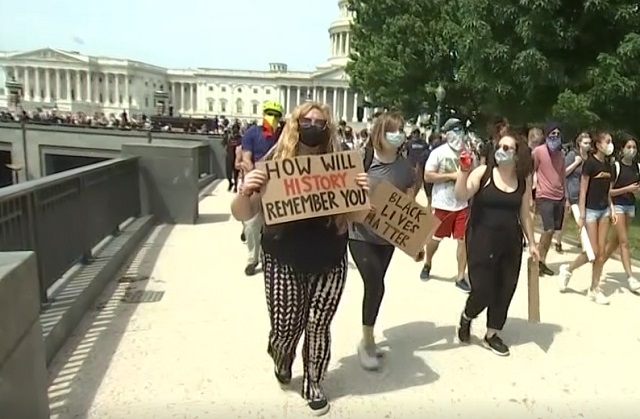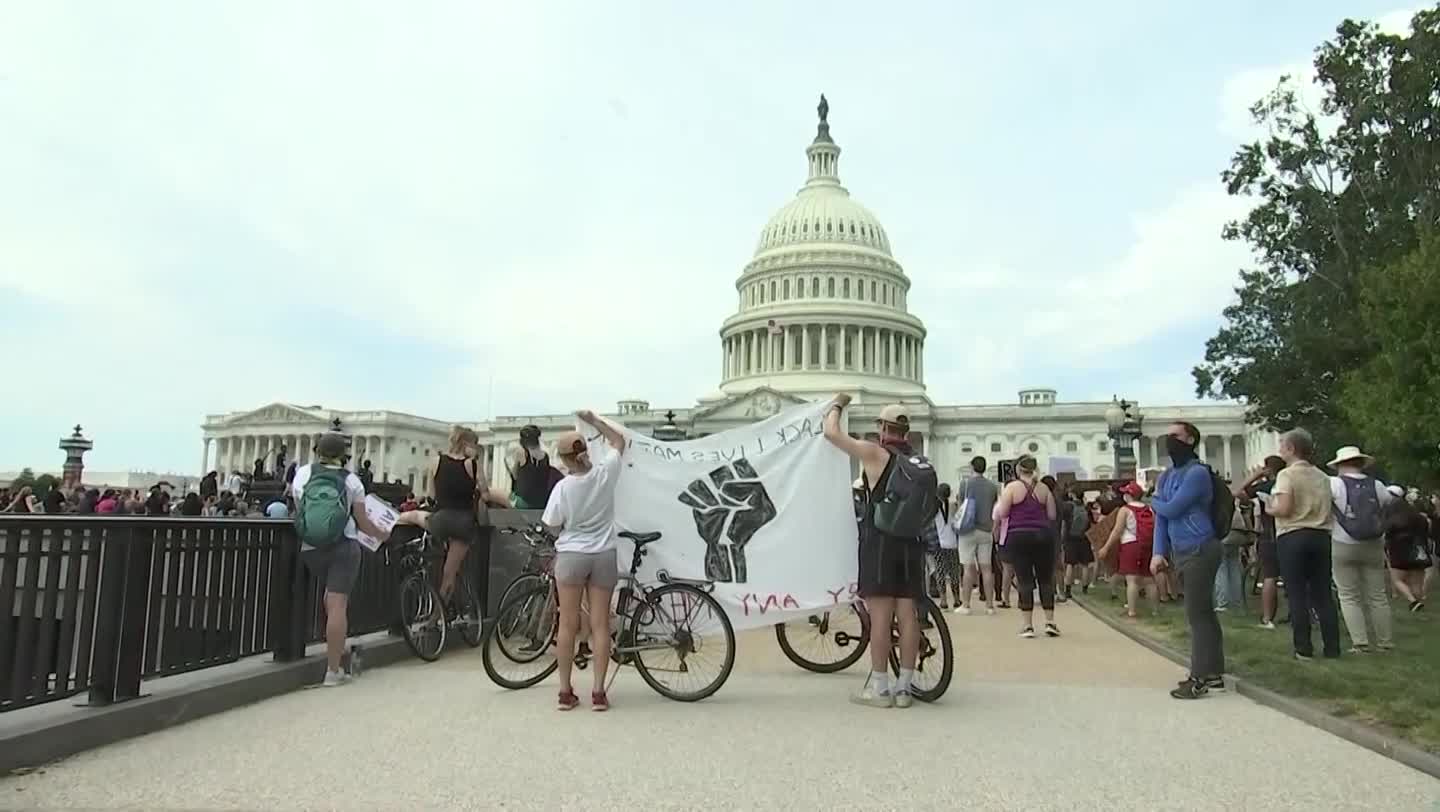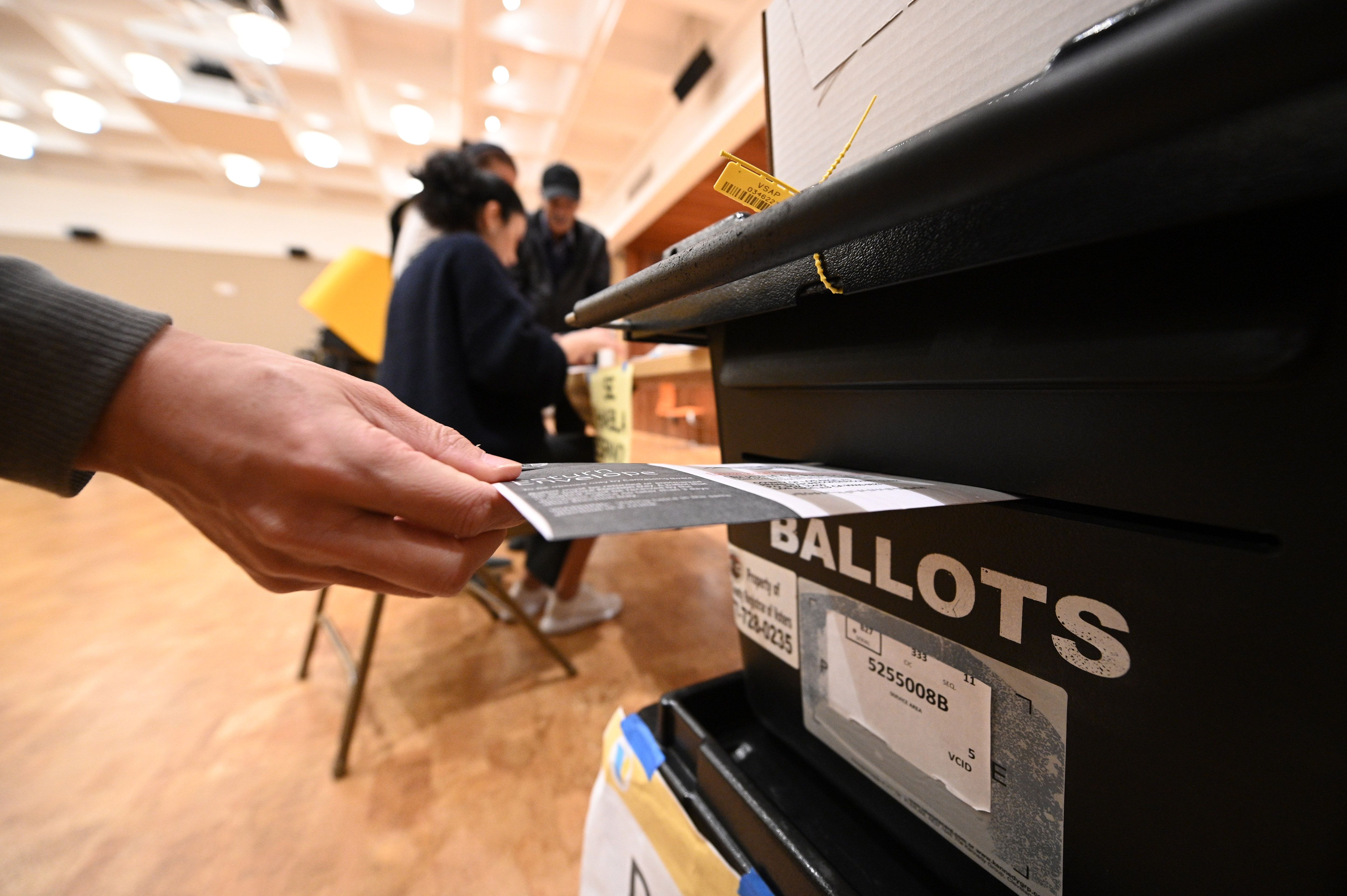UPDATE: 21 Oklahoma inmates on death row are still trying to stop their executions, including one man who is scheduled to die later this week.
The group filed a lawsuit challenging the constitutionality of Oklahoma’s lethal injection protocol.
They were seeking an injunction to stop their executions until a district court could rule on the allegations.
However, a district court denied their request.
The plaintiffs appealed that decision and were denied again on Monday.
“We agree with the district court that plaintiffs have failed to establish a likelihood of success on the merits of their claims. We therefore affirm the decision of the district court,” court documents from the United States 10th Circuit of Appeals read.
The ruling went on to talk about the execution of Clayton Lockett.
“As described at length in the district court’s oral ruling, Lockett’s execution, though ultimately successful, was a procedural disaster,” it read. “The [execution] team ultimately believed, incorrectly, that they had successfully established IV access through Lockett’s right femoral vein. And the team compounded this error by placing a hemostat on the IV line and covering the IV injection access point with a sheet.”
However, the court says the state has adopted new procedures and protocols since the last execution.
Charles Warner is scheduled to be executed on Jan. 15, 2015.
OKLAHOMA CITY – A federal judge denied the request of 21 death row inmates to stop executions in Oklahoma.
Judge Stephen Friot announced his ruling late Monday afternoon.
The inmates asked a judge to halt their punishment after April’s flawed execution of convicted killer Clayton Lockett.
The judge read his ruling to the court, going over Lockett’s execution step by step.
He also reviewed the Department of Corrections’ new protocols it adopted after Lockett’s execution. Monday, the judge ruled those protocols are constitutional.
He regained consciousness on the execution table, raised his head, mumbled, and appeared
to be in pain.
Attorneys for the inmates put on a number of witnesses last week, trying to prove to the court the use of Midazolam and the DOC’s protocols are cruel and unusual punishment.
“That’s why they’ve been putting on this evidence for all these many days to determine whether or not the use of this drug causes undue suffering,” legal analyst David McKenzie says. “We have the death penalty in this country. It has been ruled constitutional, but it’s only constitutional within the framework that it is not cruel and unusual.”
DOC says other drugs used to successfully sedate offenders in the past are no longer available.
That’s why they’re using Midazolam.
Oklahoma’s next execution is scheduled for January 15, 2015.
Three others are scheduled through March.
Plaintiffs’ attorneys are expected to appeal the decision to the 10th Circuit Court of Appeals.



